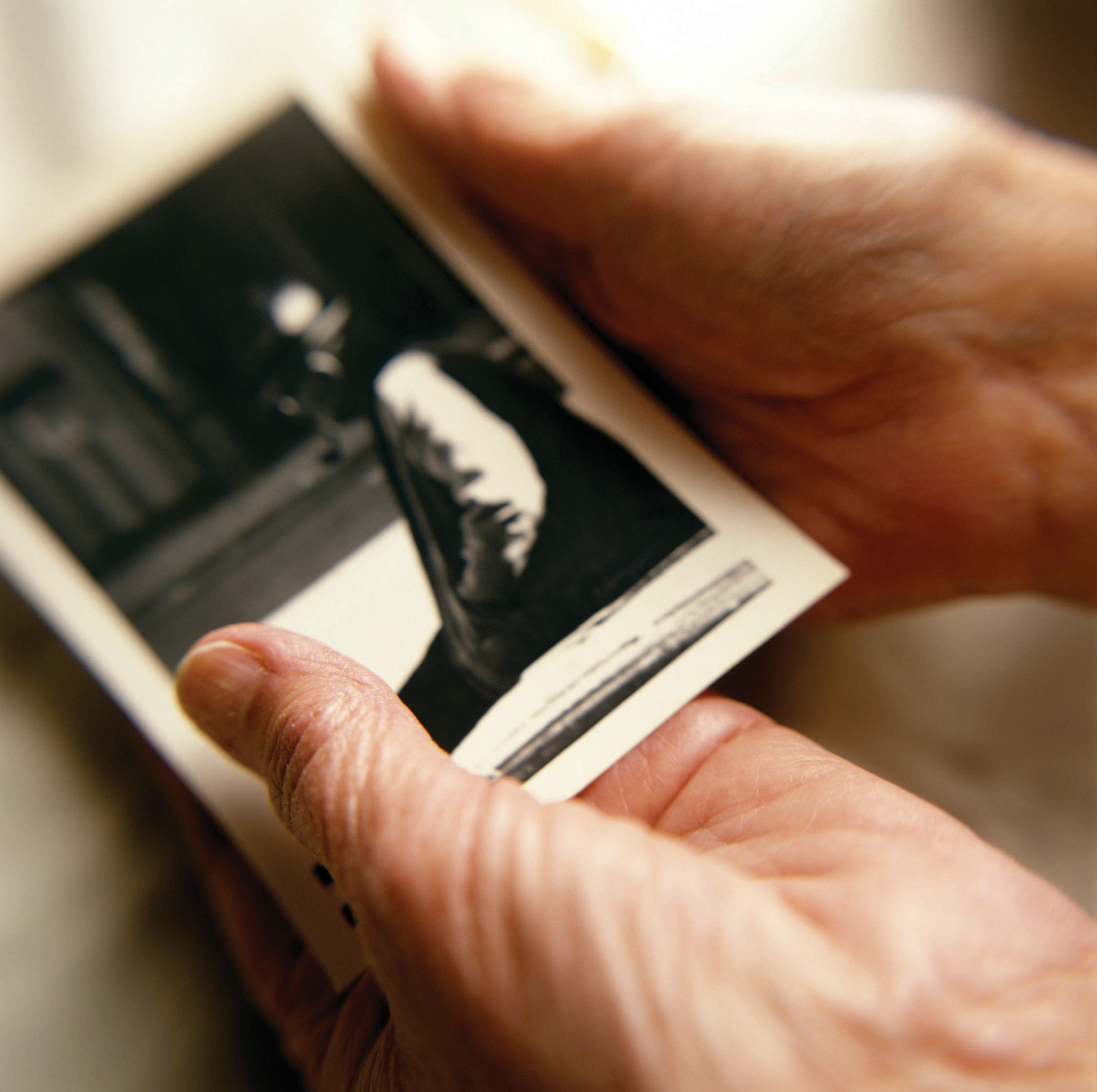Chapter Introduction
6
Memory
220

221
Jill Price was 12 years old when she began to suspect that she possessed an unusually good memory. Studying for a seventh-

Remembering specifics of events that occurred a year ago may not seem so extraordinary–you can probably recall what you did for your last birthday, or where you spent last Thanksgiving–but can you recall the details of what you did exactly 1 year ago today? Or what you did a week, a month, 6 months, or 6 years before that day? Probably not, but Jill Price can.
As she grew older, Jill’s memory flashes became even more frequent. Now in her late 40s, Jill can recall clearly and in great detail what has happened to her every single day since early 1980 (Price & Davis, 2008). This is not just Jill’s subjective impression. Dr. James McGaugh, a well-
222
Jill’s memory is a gift we’d all love to have–right? Not necessarily. Here’s what Jill has to say about her ability: “Most have called it a gift but I call it a burden. I run my entire life through my head every day and it drives me crazy!!!” (Parker et al., 2006, p. 35).
Researchers still don’t understand all the reasons why Jill Price can remember her past so much more fully than the rest of us, but it turns out that Jill is not alone. Jill’s extraordinary memory abilities became widely known after a 60 Minutes story that featured her and Dr. McGaugh. That story elicited a flurry of inquiries to Dr. McGaugh from other people around the world who thought that they, too, possessed the spectacular memory abilities demonstrated by Jill. Although most of them did not, McGaugh and his colleagues identified 11 other individuals with “highly superior autobiographical memory” abilities that resemble those they had seen in Jill Price (LePort et al., 2012). The researchers discovered differences in the structure of several brain regions known to be involved in memory in the superior autobiographical memory group compared with a control group, suggesting that further study of these unusual individuals might help to understand the nature of memory more generally.
MEMORY IS THE ABILITY TO STORE AND RETRIEVE INFORMATION OVER TIME. Even though few of us possess the extraordinary memory abilities of Jill Price and the handful of others with highly superior autobiographical memory, each of us has a unique identity that is intricately tied to the things we have thought, felt, done, and experienced. Memories are the residue of those events, the enduring changes that experience makes in our brains and leaves behind when it passes. If an experience passes without leaving a trace, it might just as well not have happened. But as Jill’s story suggests, remembering all that has happened is not necessarily a good thing, either–a point we’ll explore more fully later in the chapter.
The ease with which someone like Jill can instantly remember her past shouldn’t blind us from appreciating how complex that act of remembering really is. Because memory is so remarkably complex, it is also remarkably fragile (Schacter, 1996). We all have had the experience of forgetting something we desperately wanted to remember or of remembering something that never really happened. Why does memory serve us so well in some situations and play such cruel tricks on us in other cases? When can we trust our memories and when should we view them skeptically? Is there just one kind of memory, or are there many? These are among the questions that psychologists have asked and answered.
As you’ve seen in other chapters, the mind’s mistakes provide key insights into its fundamental operation, and there is no better illustration of this than in the realm of memory. In this chapter, we will consider the three key functions of memory: encoding, the process of transforming what we perceive, think, or feel into an enduring memory; storage, the process of maintaining information in memory over time; and retrieval, the process of bringing to mind information that has been previously encoded and stored. We’ll then examine several different kinds of memory and focus on the ways in which errors, distortions, and imperfections can reveal the nature of memory itself.
223
